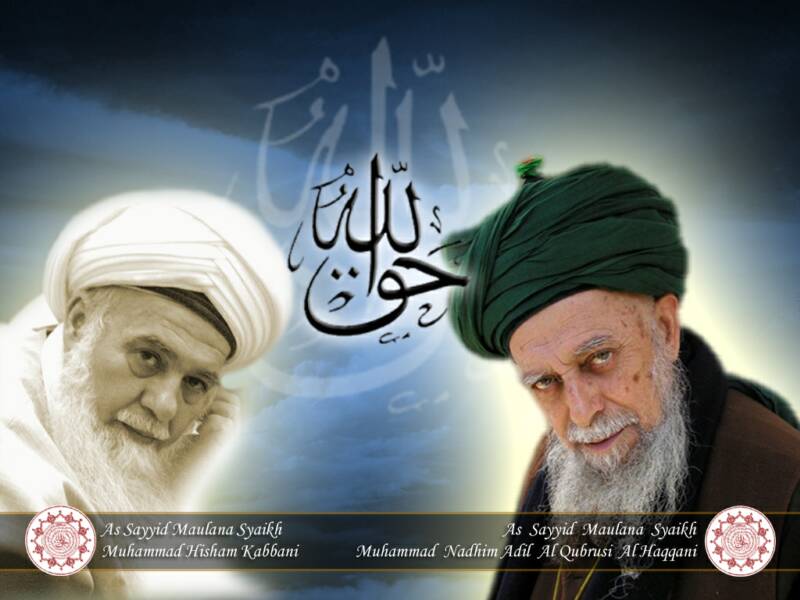Beliefs and Ethics of the Naqshbandi

1. We believe in the Oneness of Being.
2. It is the Source from whom all life flows and to whom all life returns.
3. It appears by countless names and attributes.
4. It is the Creator of all; all creation is encompassed within the mercy of the Divine.
5. Mercy and benevolence also include strict and majestic guidance.
6. On the level of manifestation the Beloved reveals Itself through two complementary aspects: beauty (mercy) and majesty (justice).
7. Humanity was created "by the 'hands' of the Beloved."
8. In this primordial state of utmost nearness all humanity recognized the Beloved as Lord.
9. All humanity carries deep within its innermost being the flavor and memory of this primordial nearness. This creates a tremendous longing: men and women long to return to "the state in which they were before they were."
10. This latent memory is revived through the practice of dhikr: the remembrance of the Beloved.
11. In the Naqshbandi tradition the dhikr is practiced in silence. The silent dhikr produces in the heart an intense and imperishable impression (naqsh = "impression, print"; band = "to bind, to fasten").
12. There are no set times or places for practice of remembrance; the Beloved is remembered always and everywhere, either individually or in groups. When we meet in a group we practice the silent meditation of the heart.
13. We believe that our life is a journey to the Beloved. Although this is an individual journey we join together to support each other and to strengthen the energy of love.
14. We believe that the journey is not possible without a guide. The guide is our teacher.
15. The teacher is a human being who has surrendered totally to the will of the Beloved and has thus become a mirror in which the different aspects of the Divine are reflected.
16. We believe that ultimately the outer teacher points to the inner teacher, who resides in the depths of the hearts of all men and women.
17. Apart from the silent dhikr there are very few specific practices. We believe and aspire that all our activities, day by day, minute by minute, should be in surrender to the will of the Beloved.
18. We lead ordinary lives and work respectfully within the scope of our particular inclinations, talents, training, and professions. Many of us work within the community as teachers, therapists, practitioners, artists, and craftsmen.
19. We believe that family life facilitates maturity, responsibility, and inner growth.
20. Whatever we do and wherever we are, we try neither to be possessed by our occupation, circumstances, or belongings, nor to be possessive towards anyone or anything. This we call traditionally "solitude in the crowd" or "the poverty of the heart."
21. We abide humbly and strictly by the laws and rules of the countries in which we live.
22. We try "to clean our own courtyard" rather than preach to our fellow men and women how to "clean" theirs.
23. We avoid demonstrations and unnecessary public argumentation.
24. At times of collective hardship we pray silently in our hearts for the well-being of the world.
25. At every gathering, before our group meditation, we pray silently in our hearts for the well-being of those in need, according to the requests of their friends or relatives among us.
26. We respect the variety of human paths, beliefs, opinions, and ways of conduct. Among us are members of different religions and creeds.
27. We believe that our individual freedom ends where that of our fellow men and women starts.
28. We try to give precedence to our friends over ourselves; yet we use our honest discrimination so as to not abuse our sense of self-respect.
29. In all our circumstances, which oscillate between joy and pain, we practice the correct attitude towards the Beloved: in joyful times the attitude of gratefulness, in painful times the attitude of perseverance.
30. We believe that the path is eternal, and that its message has been transmitted, in different places, through an uninterrupted chain of teachers, from time immemorial.
31. We believe that all paths lead to the Beloved.
Labels: Islam, Naqshbandi, Sufism









0 Conversation:
Post a Comment